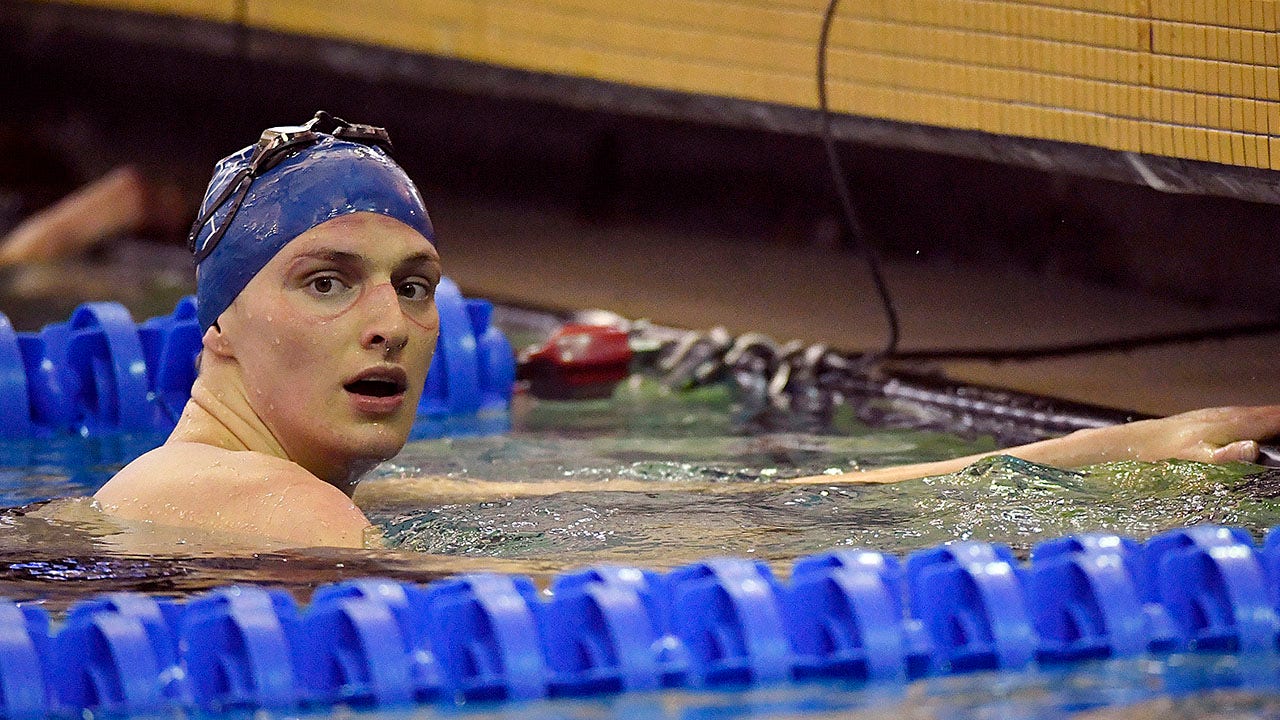The 25-year-old American swimmer made history as the first openly transgender athlete to win an NCAA Division I national championship, capturing the women’s 500-yard freestyle event in 2022. However, her triumphant moment sparked a wave of controversy, leading to World Aquatics’ decision to ban anyone who had ‘been through male puberty’ from participating in women’s races—a rule directly impacting Thomas, who began hormone replacement therapy in 2019.
Despite her vigorous contestation of the rule since its introduction in 2022, Thomas faced a crushing blow when the Court of Arbitration for Sport ruled against her on June 12, 2024. The panel of three judges upheld the regulations detailed in World Aquatics’ Competition Regulations, which mandate that transgender women athletes must prove they have not experienced male puberty beyond Tanner Stage 2 or before age 12 to compete in women’s categories.
Specifically, section 5.5.2 of the updated regulations, effective from January 1, 2024, states that athletes must either have complete androgen insensitivity or have suppressed male puberty before age 12 and maintained their testosterone levels below 2.5 nmol/L.

Thomas’s legal challenge, accusing the rule of being discriminatory and unlawful, ultimately fell short, leaving her Olympic dreams shattered and the sports world in heated debate over the fairness and future of transgender athletes in competition.
Lia Thomas, a transgender swimmer who created controversy during the 2022 season with a win at the NCAA championships, lost a legal battle over rules that prevented trans swimmers who have been through male puberty from competing in elite women’s events.
The Court for Arbitration of Sport dismissed Thomas’ request for arbitration with World Aquatics, according to a ruling released Wednesday. The governing body in swimming made its ruling in 2022, which essentially banned transgender swimmers from competing in female events. World Aquatics also created an “open” category for transgender athletes

Thomas asked the Switzerland-based court to overturn the rules, saying they were invalid, unlawful and discriminatory.
“The panel concludes that she lacks standing to challenge the policy and the operational requirements in the framework of the present proceeding,” the court said in a ruling.
The three-judge panel said USA Swimming had no authority to “to modify such scope of application” of its rules.
“World Aquatics is dedicated to fostering an environment that promotes fairness, respect, and equal opportunities for athletes of all genders and we reaffirm this pledge,” the organization said in a statement, via USA Today. “Our policies and practices are continuously evaluated to ensure they align with these core values, which led to the introduction of our open category.
“We remain committed to working collaboratively with all stakeholders to uphold the principles of inclusivity in aquatic sports and remain confident that our gender inclusion policy represents a fair approach.”
Thomas didn’t immediately respond to a request for comment from Fox News Digital.
Former NCAA swimmer Riley Gaines, who hosts the “Gaines for Girls” podcast on OutKick, and the director of Riley Gaines Center at the Leadership Institute, released a statement on the ruling.
“This ruling is a small victory for girls and women everywhere. I think we will see more wins like this both in the judicial courts and the courts public opinion as time goes on. Although he would never qualify, Thomas can still try out for the men’s U.S. Olympic team. I hope the NCAA now takes a similar decisive action by stripping Thomas off all awards, titles, and records he stole from deserving female athletes.”
Tyr LLP, which represented Thomas in the case, didn’t immediately respond to Fox News Digital’s request for comment.
The ruling also squashes any hope Thomas had of making the Olympics.
World Aquatics’ policy for transgender athletes essentially bans any biological male athletes from competing in women’s events unless they transitioned by the age of 12 or before undergoing “any part of male puberty.”
The policy change was spurred by the International Olympic Committee’s guidelines and recommendation in November 2021 that all international federations develop their own sport-specific eligibility criteria for the women’s competition category.





